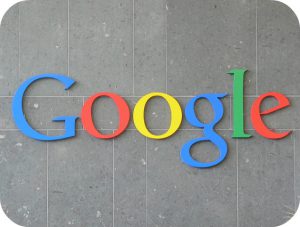 A couple of weeks ago, more than 20,000 Google employees staged a walkout to protest the search giant’s handling of sexual harassment claims. Along with demands to improve the process for reporting harassment, the protesters also called for Google to end forced employee arbitration. This controversial tactic requires staffers to settle any legal disputes out of court, usually through an independent arbitrator rather than a judge and jury.
A couple of weeks ago, more than 20,000 Google employees staged a walkout to protest the search giant’s handling of sexual harassment claims. Along with demands to improve the process for reporting harassment, the protesters also called for Google to end forced employee arbitration. This controversial tactic requires staffers to settle any legal disputes out of court, usually through an independent arbitrator rather than a judge and jury.
Critics of the policy say that this system protects serial harassers by keeping any claims made against them private, which can prevent other victims from coming forward. Research also shows that employers win more frequently when they keep using the same arbitrator, suggesting that some firms seek out arbitrators who favor businesses. And even if an employee wins their arbitration, the damage awards they receive are often far smaller than what they could have won in a federal or state court.
Given these reasons and driven by enormous employee pushback, last week Google announced that it was ending its forced arbitration policy. A day later, Facebook released a similar announcement. Still, both of these tech titans took longer to reach this point than some of their competitors. Microsoft, for instance, ditched arbitration in December 2017, followed soon after by Uber and Lyft. “It’s taken a little bit of time for other tech companies to follow [Microsoft’s] lead, but I think it does point out the importance of corporate leadership on this issue,” said Maya Raghu, director of workplace equality at the National Women’s Law Center.
Questions:
- Do you think more companies should eliminate their forced employee arbitration policies? Why or why not?
- Should Google continue to meet the demands of the walkout protesters? Why or why not?
Source: Jena McGregor, “Google and Facebook Ended Forced Arbitration for Sexual Harassment Claims. Why More Companies Could Follow,” The Washington Post, November 12, 2018. Photo by Carlos Luna.
